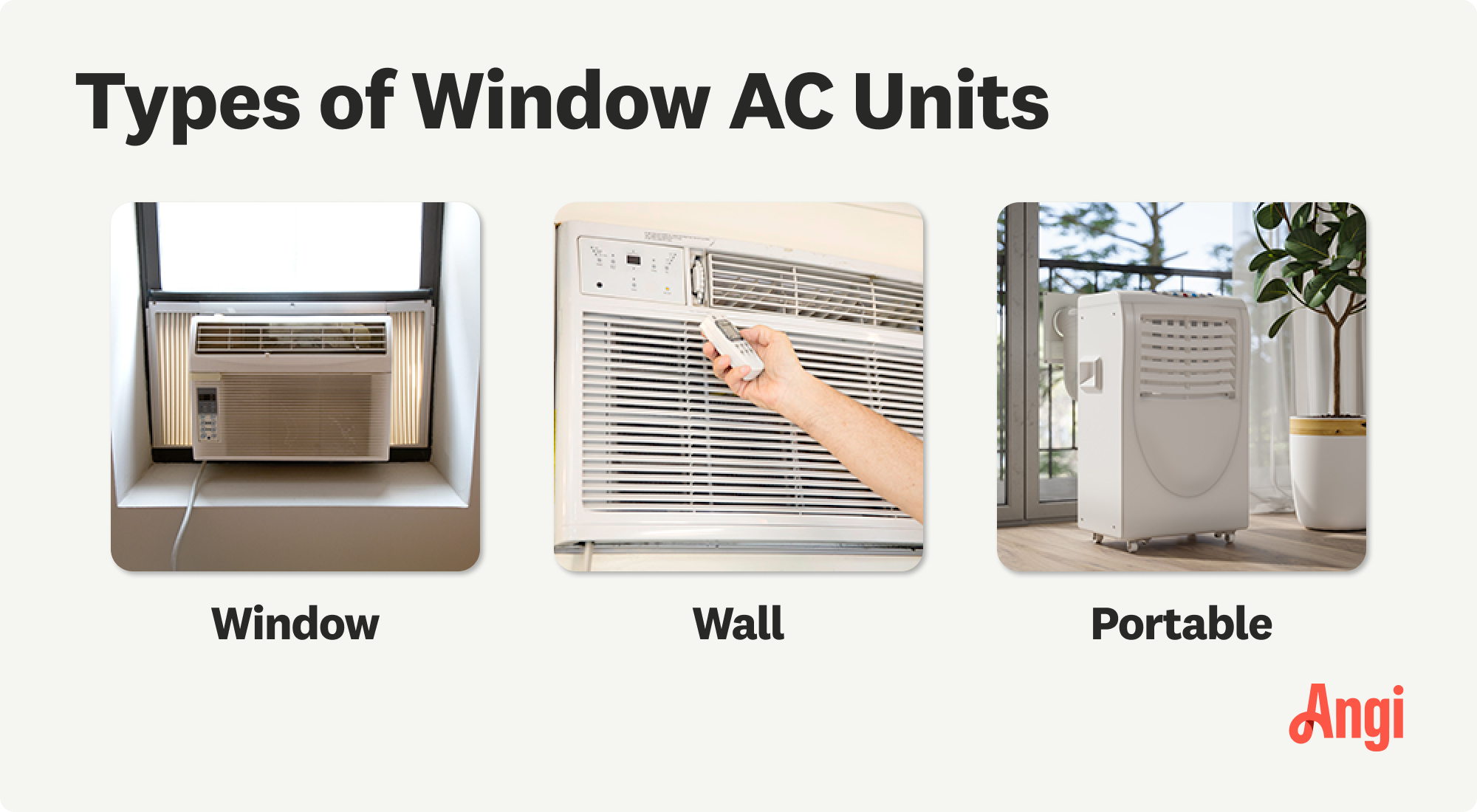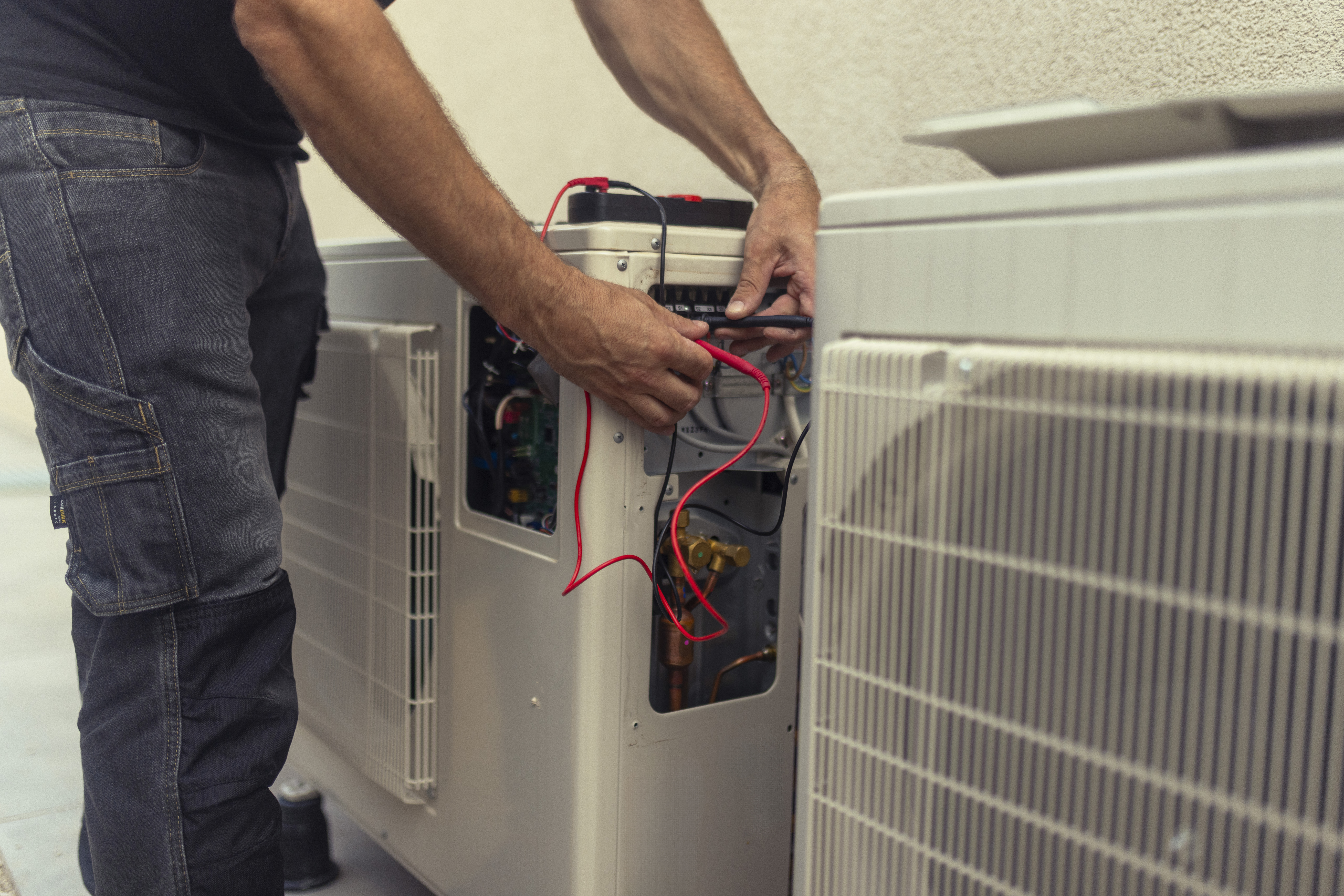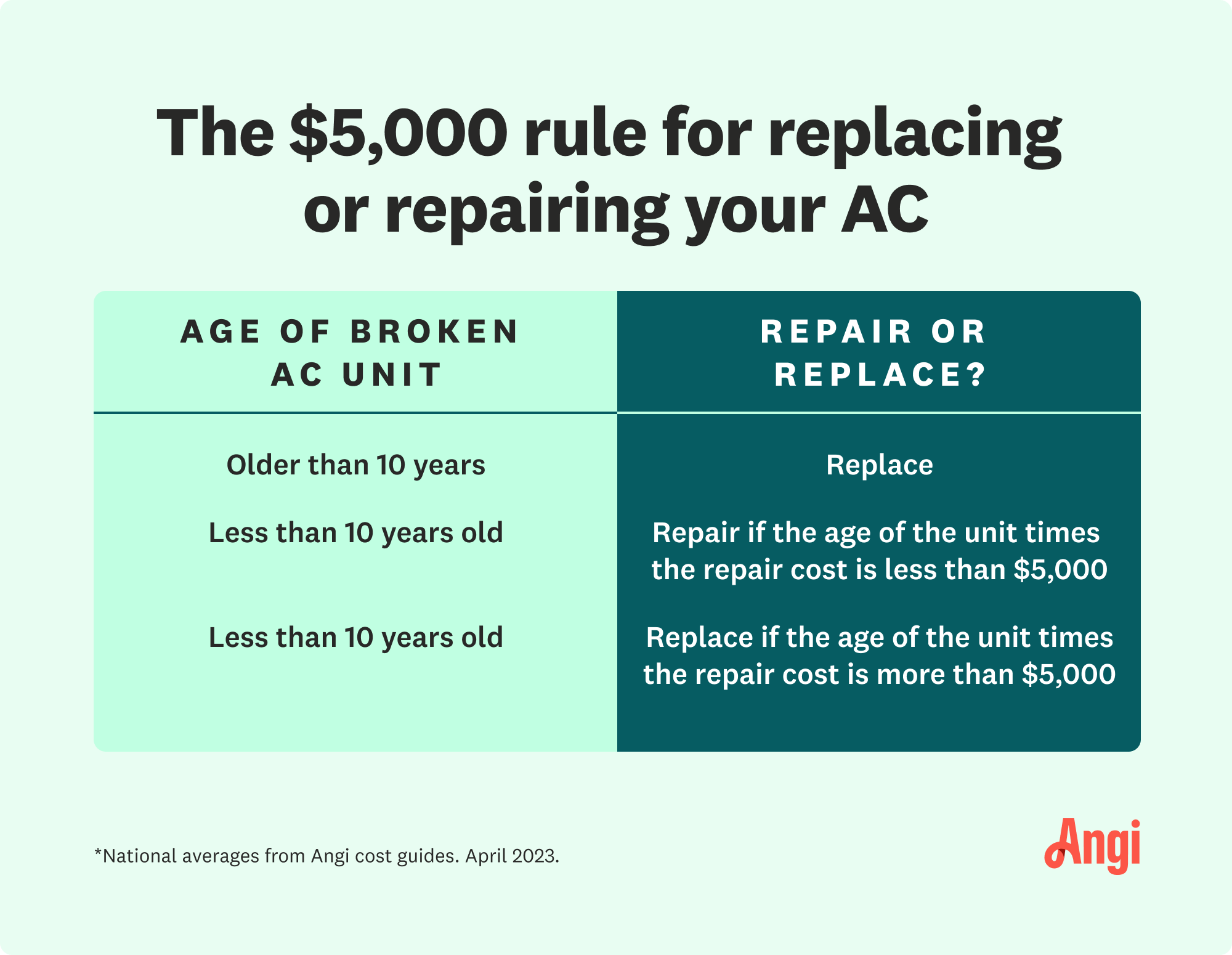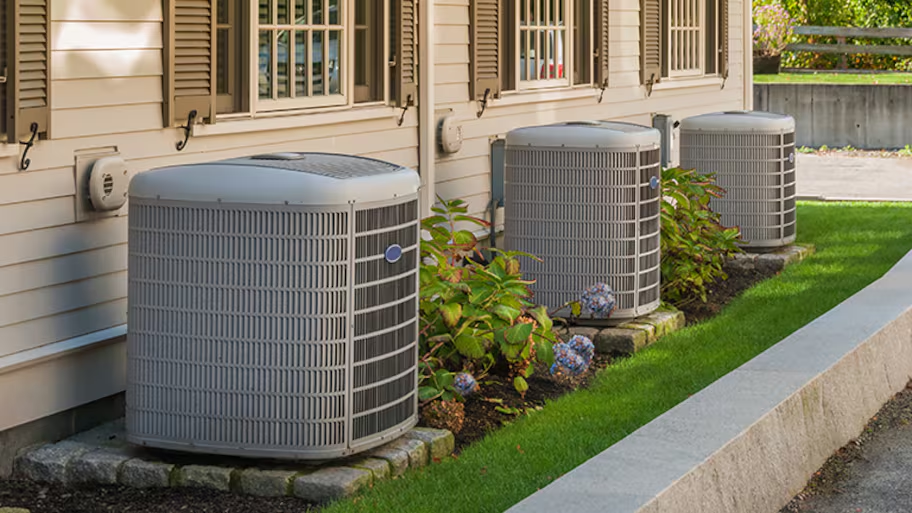
Here's what you can expect when getting an estimate for coolant leak repair costs. The cost can vary based on the detection method used, the source of the leak, and the amount of damage that needs to be repaired in the aftermath.
Heating and air conditioning service costs depend on your project and location. Check with a local pro for your specific job.
AC replacement costs in Boston, Massachusetts, commonly run between $5,018 and $11,404.
Most Boston homeowners pay around $8,149 for a new air conditioning unit.
The costs of this project include the AC unit itself, as well as labor and permit fees.
In Boston, an AC unit can increase your home’s value, but it’s also important to have a reliable heating system.
The average AC replacement cost in Boston, Massachusetts, is $8,149, but you could pay between $5,018 and $11,404, depending on the particular AC unit you choose. These prices are quite a bit higher than national averages due to the steep cost of living in the Massachusetts capital. If you’re getting ready to install a new AC in Boston, here’s what will impact your final cost.
The cost of AC replacement in Boston depends on a few factors, including the size and type of your AC unit. Let’s walk through the main ones.

When replacing an air conditioner in Boston, the type of AC unit you choose has a big impact on your costs.
For under $500, you can pick up a window or portable AC, both of which would come in handy if you live in an older home without ductwork (like a Victorian-era brownstone). You’ll pay much more to install new central AC, which costs at least $2,500 for the equipment alone.
| AC Type | Average Unit Cost | Pros | Cons |
|---|---|---|---|
| Portable unit | $100–$500 | Easy to move around your house | Only cools one room at a time |
| Window unit | $150–$800 | Affordable | Might not mesh with room aesthetics |
| Ductless split system | $2,000–$3,000 | Doesn’t require air ducts or vents | Limited reach |
| Central | $2,500–$4,500 | Effective for whole-house cooling | Steep up-front cost |
Your air conditioner's size—which is measured in tons or British Thermal Units (BTUs)—also affects its price. In short, larger AC units have more cooling capacity than smaller ones, so they’re more expensive.
BTU, or British Thermal Unit, is a unit that measures how much energy it takes to raise the temperature of one pound of water by one degree Fahrenheit. For heat pumps, each ton of capacity is equivalent to roughly 12,000 BTUs.
To calculate the right size AC for your home, you’ll need to factor in your property’s square footage, the age and condition of your ductwork, the quality of your insulation, and more. There’s a lot to consider when sizing an AC unit, so if you aren’t sure how to approach it, contact an HVAC professional.
| AC Tonnage | BTUs | Average Unit Cost |
|---|---|---|
| 1.5 | 18,000 | $1,300–$4,000 |
| 2 | 24,000 | $1,500–$5,000 |
| 3 | 36,000 | $2,000–$5,500 |
| 4 | 48,000 | $2,600–$6,200 |
| 5 | 60,000 | $2,800–$6,800 |
An AC unit’s seasonal energy efficiency ratio (SEER) rating is another major cost factor. High-efficiency models, which require less power to cool your space, have the highest SEER ratings. They’re also the most expensive, often costing several times more than lower-efficiency units.
HVAC efficiency standards vary by region. Boston is part of the northern region, where new air conditioners need a minimum SEER rating of 14 (or 13.4 on the updated SEER2 rating scale).
Accessibility issues can also increase your AC replacement costs. For example, if your AC unit is on the roof of your vintage Boston rowhouse or in a cramped crawl space or attic, working on the system becomes more difficult. As a result, your contractor may bump up their rates.

From permits to sales tax, there are a handful of other factors that influence your AC replacement costs in Boston.
Boston doesn’t have a city-specific HVAC license requirement. The state of Massachusetts only requires this type of license for technicians who work on systems with capacities of at least 10 tons (which only happens in commercial and industrial settings).
Still, there are other qualifications to look for when hiring an AC installer in Boston, Massachusetts. At a minimum, your pro should be EPA-certified to handle refrigerants. Ideally, they should also have a certification from North American Technician Excellence (NATE).
Like many other cities, Boston requires a mechanical permit to work on HVAC systems. Permit prices depend on the scope of the project, including the type of work required and total cost.
When budgeting for a new AC unit in Boston, be sure to factor in the city’s 6.25% sales tax. This won’t have a significant effect if you’re buying a smaller AC unit, but it will add several hundred dollars to the cost of a larger system. For example, on a $4,000 central AC unit, you’d pay an additional $250 in sales tax.
When you install a heat pump (which, perhaps confusingly, can heat and cool your home) in Boston, you may be eligible for a rebate of up to $16,000 through Mass Save.
There’s no expectation to tip your HVAC installer in Boston, but you might choose to anyway—especially if they provide above-and-beyond service or visit your home outside of business hours.
Before tipping HVAC pros, you should confirm that their employer allows it. If so, it’s acceptable to give $20 to $50 per worker for an AC replacement job.

In Boston, new AC can increase your home’s value and make it more attractive to prospective homebuyers—especially if you upgrade to a more energy-efficient system.
According to the latest data from the U.S. Bureau of Labor Statistics, electricity costs in Boston are 73.3% higher than the national average, so most buyers here would appreciate an HVAC system that doesn’t require tons of power.
However, while having AC is certainly a perk, Boston-area buyers will also want a good heating system to stay warm through winter. If you upgrade your cooling and heating systems together, you could see your home’s value increase by 5% to 7%.
Home is the most important place on earth, which is why Angi has helped more than 150 million homeowners transform their houses into homes they adore. To help homeowners with their next project, Angi provides readers with the most accurate cost data and upholds strict editorial standards. We survey real Angi customers about their project costs to develop the pricing data you see, so you can make the best decisions for you and your home. We pair this data with research from reputable sources, including the U.S. Bureau of Labor Statistics, academic journals, market studies, and interviews with industry experts—all to ensure our prices reflect real-world projects.
Want to help us improve our cost data? Send us a recent project quote to [email protected]. Quotes and personal information will not be shared publicly.
From average costs to expert advice, get all the answers you need to get your job done.

Here's what you can expect when getting an estimate for coolant leak repair costs. The cost can vary based on the detection method used, the source of the leak, and the amount of damage that needs to be repaired in the aftermath.

HVAC replacement costs depend on a lot of factors, like unit type, size, and labor. See what you can expect to pay for HVAC replacement here.

Average costs of HVAC inspections vary based on house size, location, and type of HVAC system. Follow our easy guide to gauge your home’s HVAC inspection cost.

When you notice hot and cold zones in your home, it pays to learn how to balance airflow in your ducts to even out the temperature.

Having dirty evaporator and condenser coils works your HVAC system harder than it needs to. Here’s how to clean your air conditioner coils like a pro.

Thinking about installing a heat pump in your home? Learn about the different types of heat pumps and the options you can choose from in this guide.